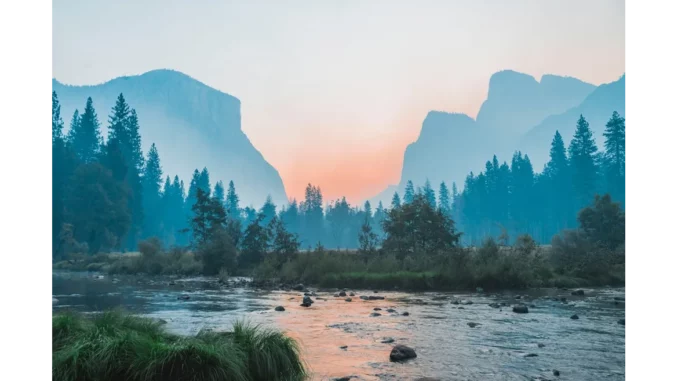
In the heart of bustling London, I sat down with Maria, an industry insider with over two decades of experience in environmental consulting. Known for her expertise in sustainable development, Maria provided an in-depth look at Focus360’s Landscape and Visual Impact Assessments (LVIA). As we settled into the cosy café, the aroma of freshly brewed coffee filled the air, setting the tone for a relaxed yet enlightening conversation.
Learn how Focus360 Energy supports Environmental Impact Assessments.
Maria began by underlining the importance of Landscape and Visual Impact Assessments in contemporary development. “The British countryside is a national treasure,” she said, her eyes gleaming with passion. “It’s not just about the visual beauty, but also about the cultural and ecological value these landscapes hold. A responsible development practice must ensure that these values are preserved, and LVIA plays a crucial role in this.”
I asked her to delve into the specifics of the process. Maria explained that the LVIA unfolds in meticulously planned stages, each vital to the comprehensive assessment. “It starts with initial scoping, which involves identifying the aspects of the landscape that could be affected by the proposed development. It’s like laying the groundwork for a more detailed analysis.”
Using the Guidelines for Landscape and Visual Impact Assessment (GLVIA3), Focus360 ensures that every stage adheres to the highest standards. “This guideline is essentially our bible,” Maria chuckled. “It provides a structured approach to evaluate the significance of potential impacts, which is crucial for making informed planning decisions.”
Maria highlighted that the LVIA is not just a regulatory formality but a strategic tool that offers numerous benefits. “One of the biggest advantages is the early detection and identification of potential issues. By understanding these impacts at the outset, developers can make informed decisions that can significantly enhance project design.”
She leaned forward, her voice taking on a more earnest tone. “This isn’t just about compliance; it’s about creating proposals that harmonise with the environment. When developers take landscape and visual impacts into account, the final project often blends seamlessly into its surroundings, preserving the aesthetic and environmental integrity.”
Maria’s insights made it clear that the LVIA is an investment in sustainable and responsible development. “Think about it,” she said, pausing to sip her coffee. “When a project is designed with the landscape in mind, it’s not just the environment that benefits. The community, the stakeholders, and even the developers see long-term gains.”
She elaborated on how improved project design can lead to smoother planning approvals and greater community support. “When the community sees that a developer has taken the time to consider the landscape and visual impacts, it builds trust. They feel heard and respected, which can make a world of difference in gaining local support.”
As our conversation drew to a close, Maria summed up the essence of Focus360’s LVIA service. “It’s about more than just ticking a box for regulatory compliance. It’s about creating a balance between development and preservation. It’s about ensuring that our cherished landscapes remain intact for future generations to enjoy.”
Walking away from our meeting, I felt a renewed appreciation for the meticulous work that goes into responsible development. Focus360’s Landscape and Visual Impact Assessments are indeed a testament to the company’s commitment to preserving the natural beauty of the British countryside while fostering sustainable growth.
In a world where development often seems at odds with environmental preservation, it’s reassuring to know that there are dedicated professionals like Maria and companies like Focus360 working tirelessly to strike that delicate balance. Their work reminds us that sustainable development is not just a goal; it’s a responsibility we all share.
Find out more at Focus360


Be the first to comment